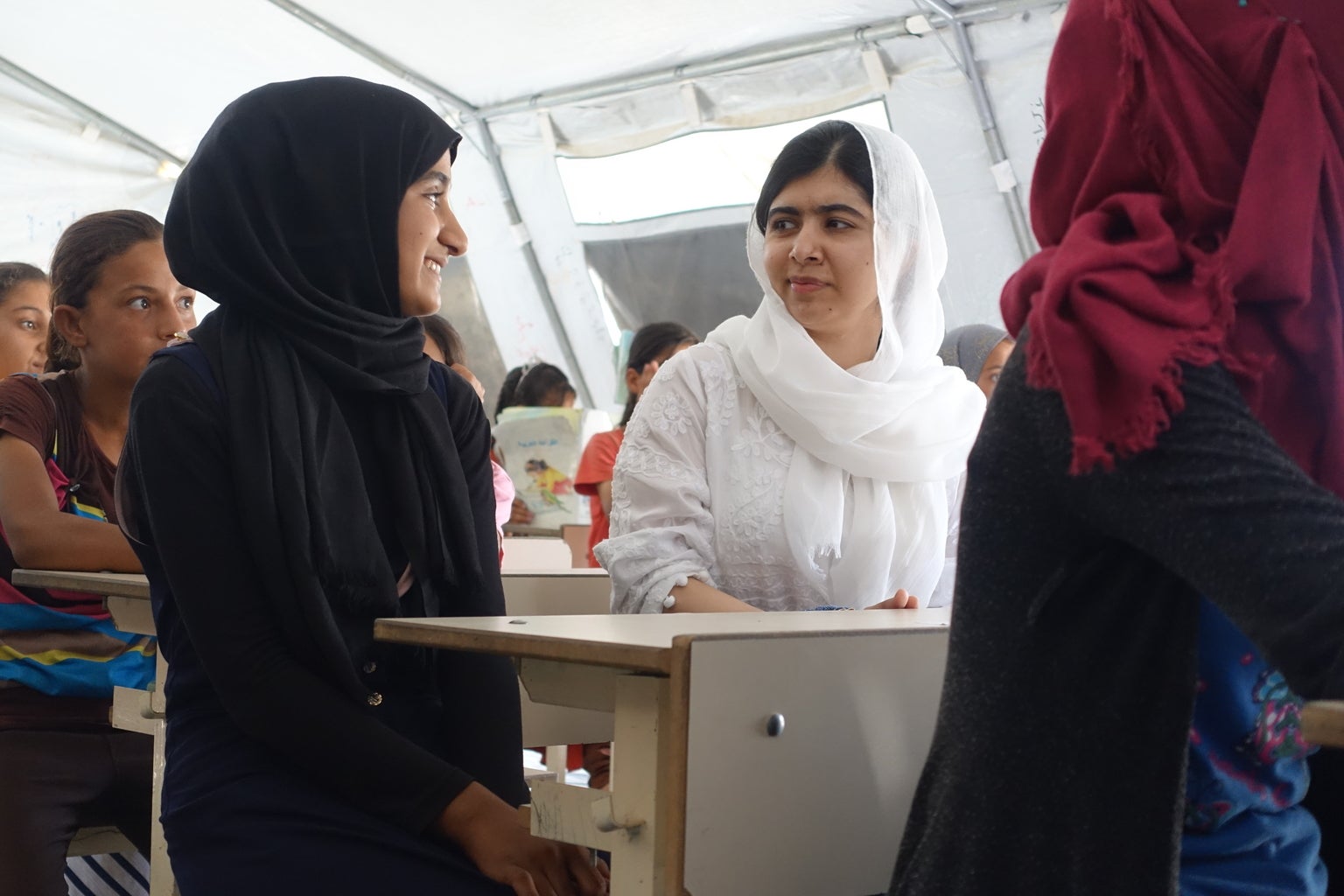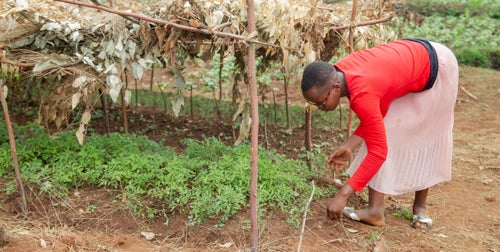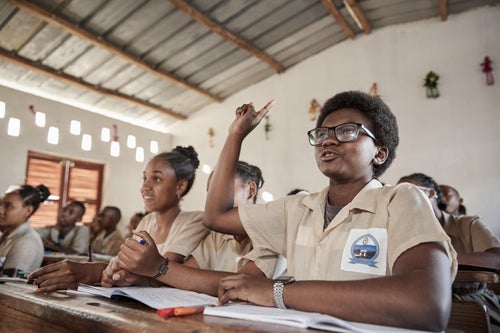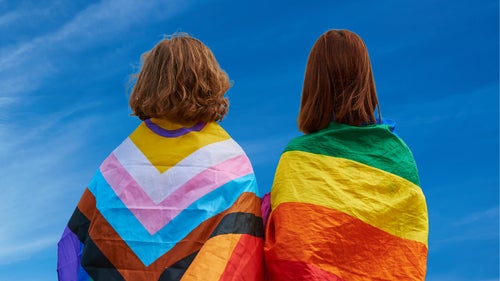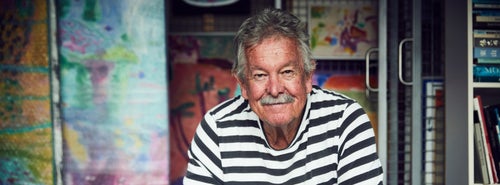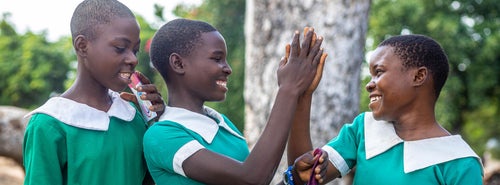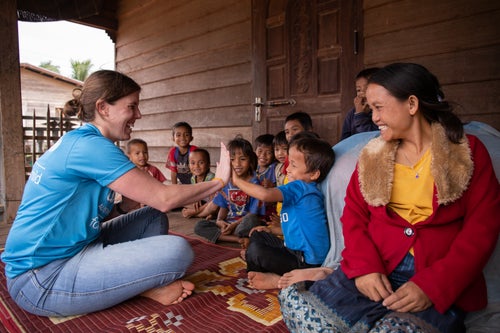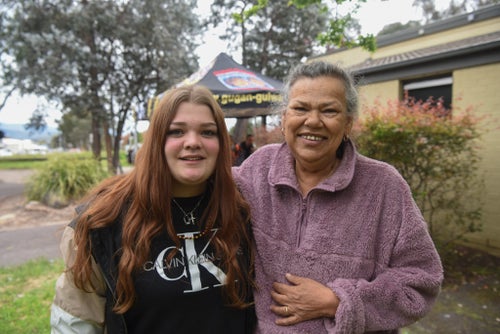At just 15-years old, Malala Yousafzai was shot in the head on a school bus by the Taliban in Pakistan for daring to speak out against a ban on education for girls. It is a story that is known across the world.
Malala survived, and has gone on to become a role model for women globally. Now 21, she has devoted her life to being a voice in the fight to ensure all girls receive 12 years of free, safe, quality education.
Ahead of her first visit to Australia, where she will share her story at UNICEF Australia-partnered events in Sydney and Melbourne, we look back at Malala's inspiring journey with UNICEF.
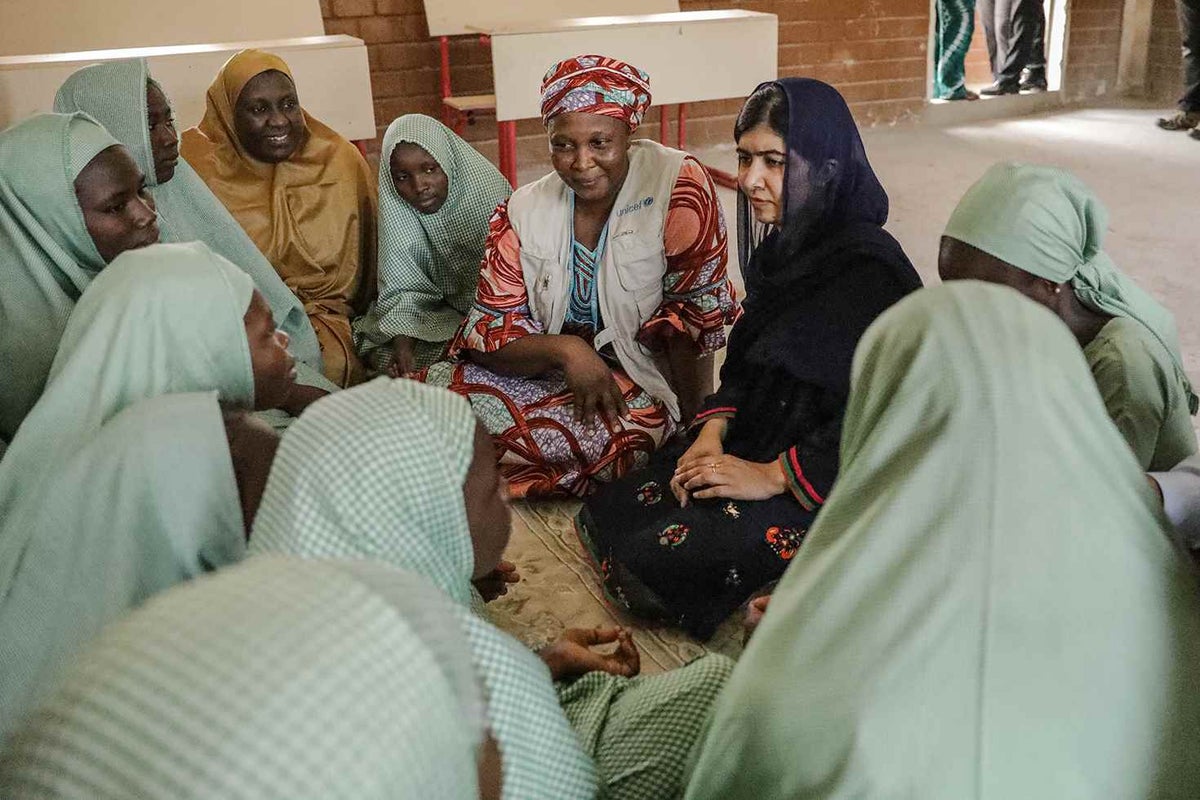
Last year, Malala travelled to Nigeria to meet with girls who had been displaced by the Boko Haram crisis. At the time of her visit, over 2,200 teachers had been killed and almost 1,400 schools had been destroyed.
Malala visited a UNICEF-supported government-run school in the Hasansham camp for internally displaced persons.
During her time there, she spoke to a group of 25 female students aged between 13 and 17 years-old. All of them were in the sixth grade with many having missed years of school because of the Boko Haram insurgence.
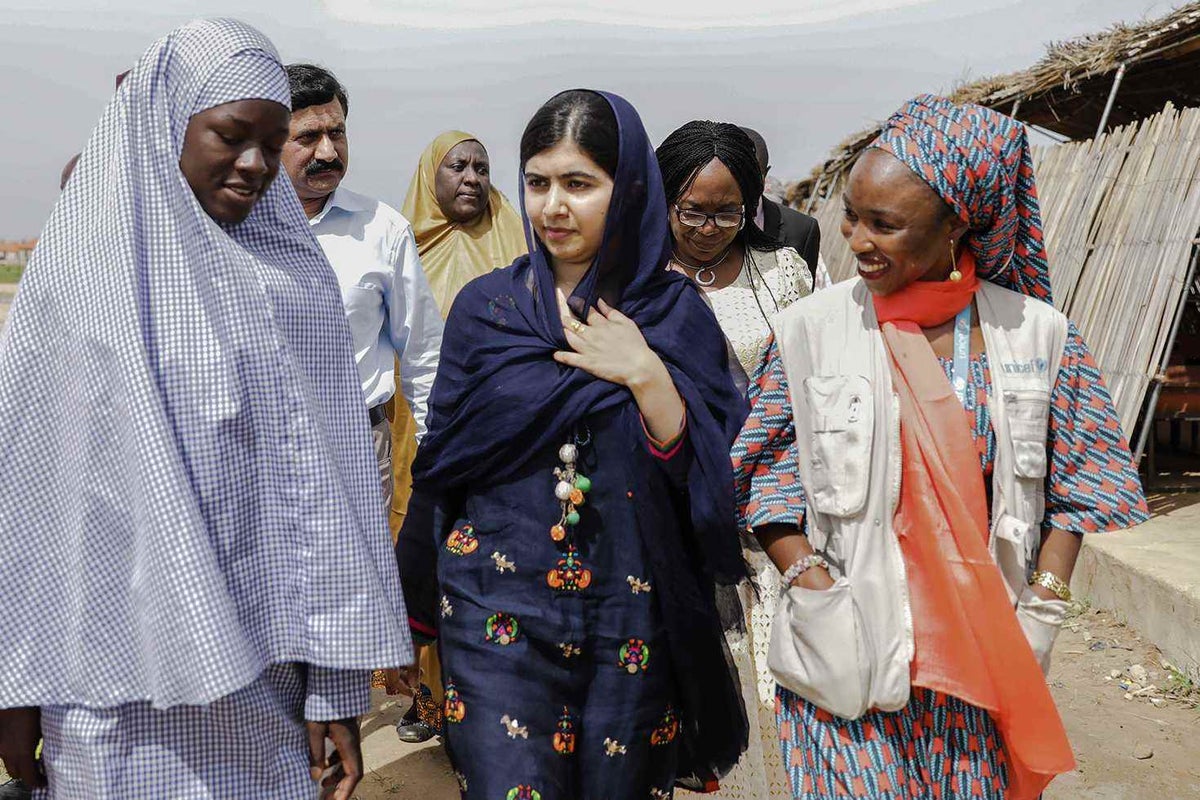
In 2014, Malala visited the Za'atari camp, near the Syrian border. Malala met with working children, students and their families and visited UNICEF-supported sites in the camp, including a school and adolescent-friendly space.
She also met with education activist and Syrian refugee, Muzoon Almellehan, who has been dubbed "the Malala of Syria". The two became friends and Malala invited Muzoon to be her guest at the ceremony in Oslo when she became the youngest person ever to be awarded the Nobel Peace Prize.
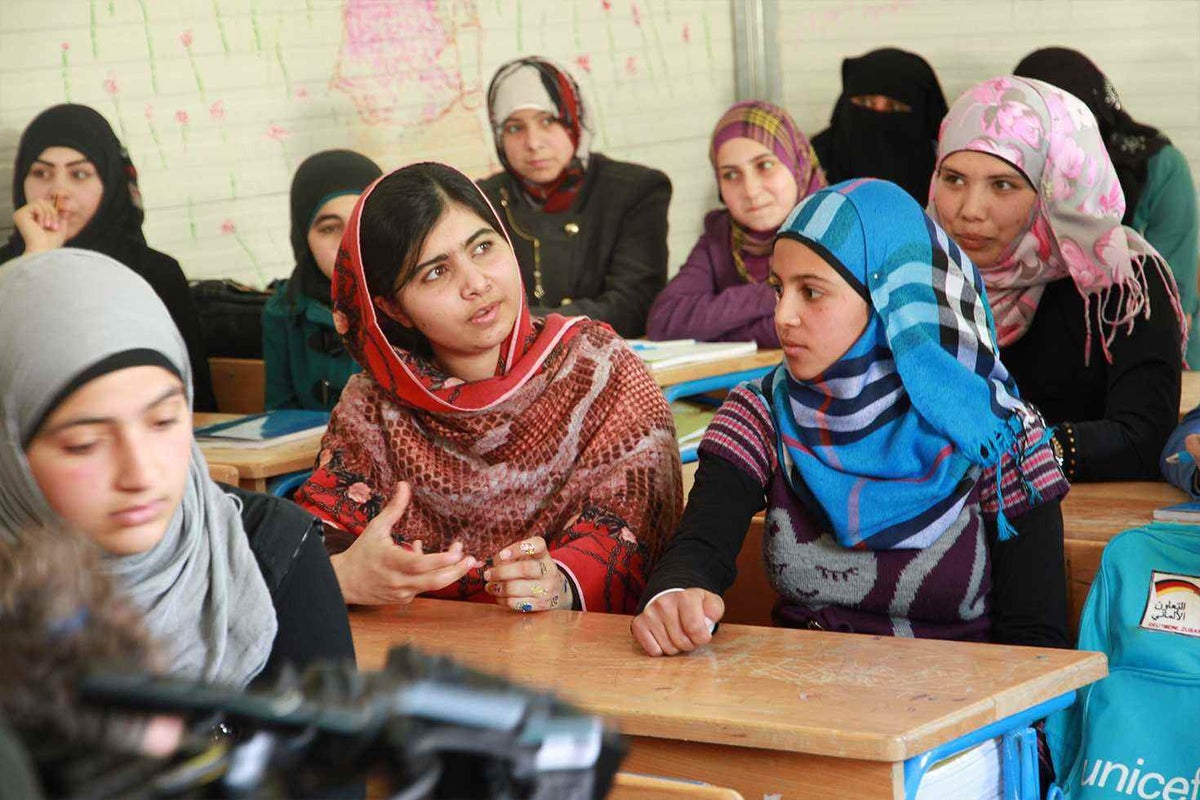
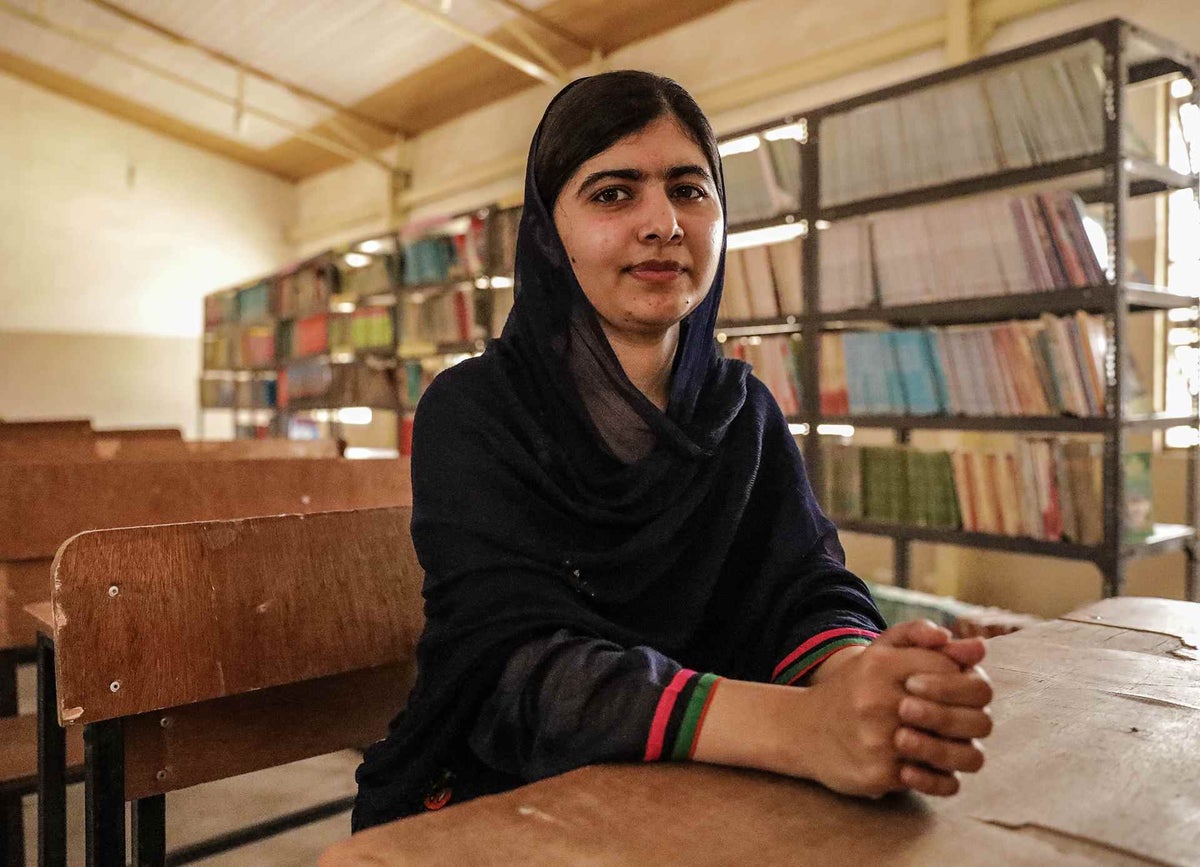
Related articles
Stay up-to-date on UNICEF's work in Australia and around the world



